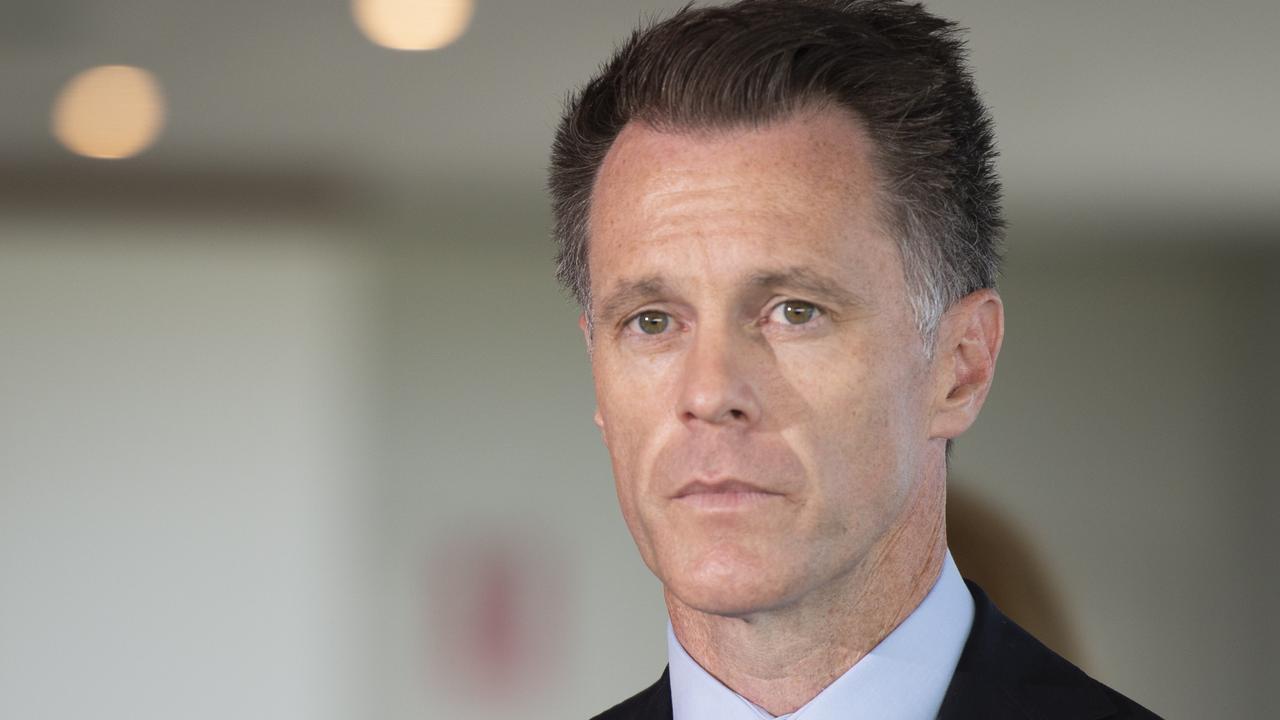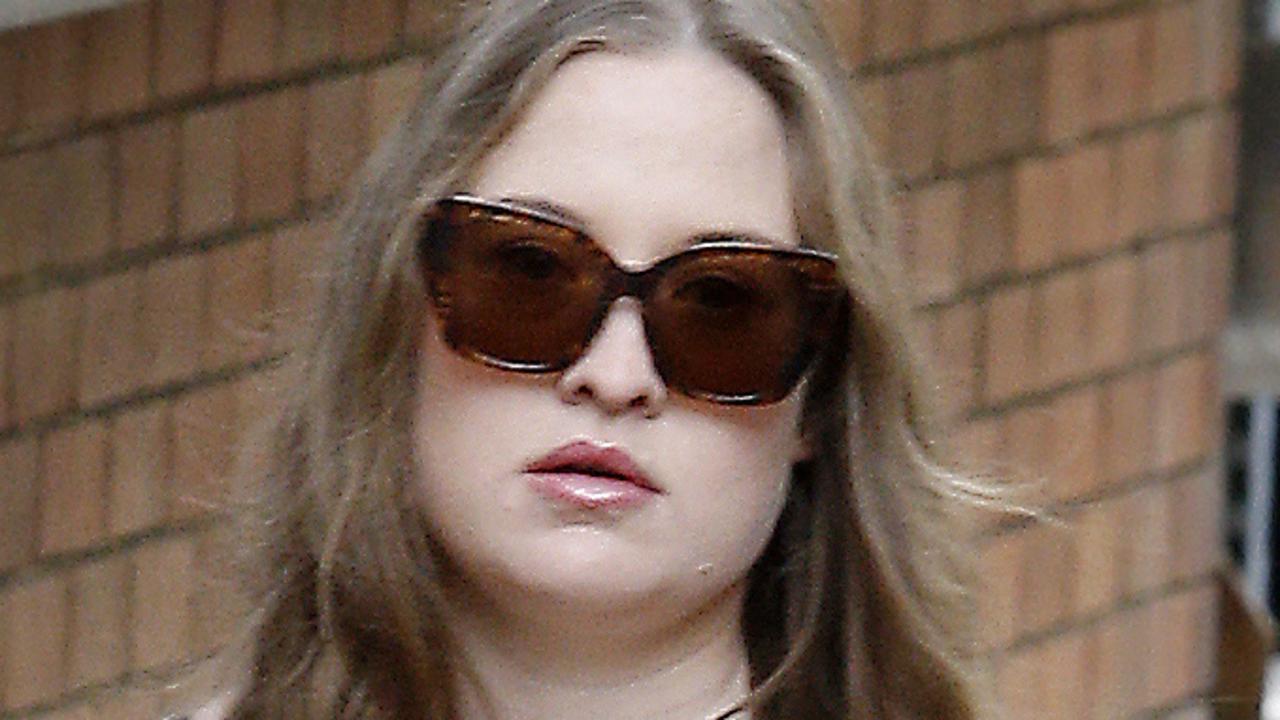Dennis Glover laments his home town’s fall
‘THERE are definitely no jobs’: named one of Australia’s top seven ‘struggle towns’, this suburb has been compared with the fallen city of Detroit.
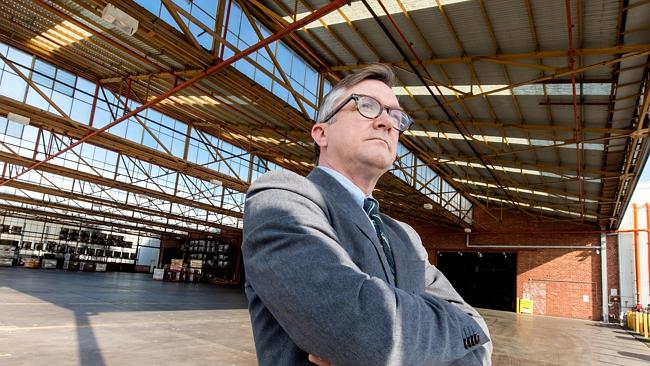
WHEN Dennis Glover was a kid the old saying “a fair go” was a reality.
The academic and former political speechwriter grew up in outer suburban Doveton, in Melbourne’s southeast, in the 1960s and 70s when his parents worked at the Heinz factory — where he earned pocket money during school holidays.
Back then, the area was proudly working class yet, with three jobs going for every household, nobody was poor.
But in the 1980s, the factories closed as manufacturing shifted offshore.
Now there are five households for every one job and the suburb’s unemployment rate has jumped to 21 per cent; more than three times the national average.
Just a handful of people work in the warehouses that used to teem with thousands of people.
Dr Glover’s old house has become a dumping ground for rusted cars and crime is common on the street where he and his mates used to play cricket on the road.
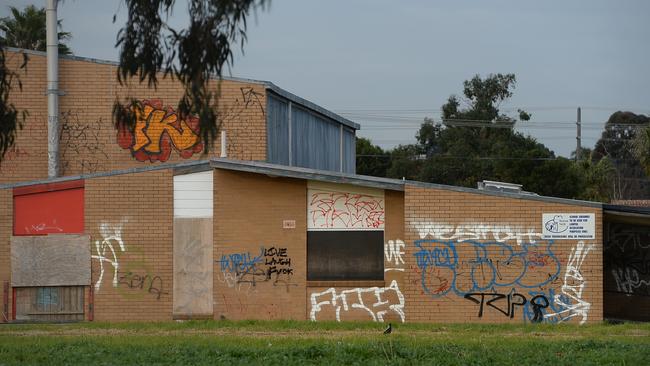
Dr Glover’s new book, An Economy is Not a Society, charts his upbringing in Doveton and laments its ruin.
The suggestion to write the book came after a 2014 essay in which Dr Glover compared with Detroit, the troubled American city that fell similarly after the closure of its automotive factories.
“I wrote it because I was mad as hell,” he said.
“In my generation, just about everyone I know went to university or got a senior TAFE qualification.
“We were working class; we weren’t poor but it was easier for us to get ahead. Just talking to teachers and principals they told me they … do not have high hopes. Almost all the kids are from troubled families, there are a lot of social problems and these kids will find it very difficult to complete 12 years of school and then go on to something better.”
Dr Glover said while his family and peers were working class they were all able to move up socially, something he said was out of reach for many of Doveton’s youth now.
The 2015 Dropping Off The Edge report named the suburb one of Victoria’s top seven struggle towns based on unemployment, criminal convictions, family violence and low education.
Doveton was ranked in “band one” — the most disadvantaged category — in the report by Jesuit Social Services and Catholic Social Services Australia, after scoring in “band two” in 2007.
This is despite the Bracks Victorian Government funnelling millions into the suburb through its Neighbourhood Renewal project between 2003 and 2011 to improve public housing, community safety and job and training opportunities.
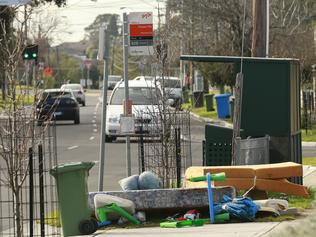
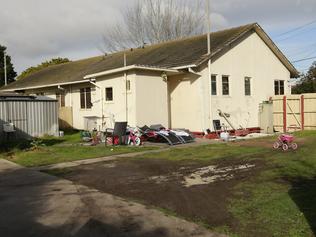
Dr Glover said he still believed Doveton could be saved, not by gentrification but by government intervention and corporate responsibility.
He said the government allowed car manufacturers to cease operations in Victoria when the dollar was high but that decision had proven premature as the dollar had since fallen.
“Companies get a lot of public subsidies and other money over the years and they should have exercised better judgment,” he said.
“But also you cannot really blame the companies because they have to think about the bottom line. The government let a lot of factories shut without doing much to keep them open.”
Jenny Davis last week defended the suburb she has called home for more than three decades.
The Doveton Eagles Football Club president said that when she first moved to Doveton she had been terrified of the town’s tough reputation, but the area had become much quieter and calmer in the past few decades.
Ms Davis said her son and daughter grew up in Doveton and now had their own families and successful businesses.
“I do not think it’s a violent place any more,” Ms Davis said.
“It’s a great town with terrific people.”
But Ms Davis said more should be done to help Doveton’s disadvantaged, particularly public housing tenants.
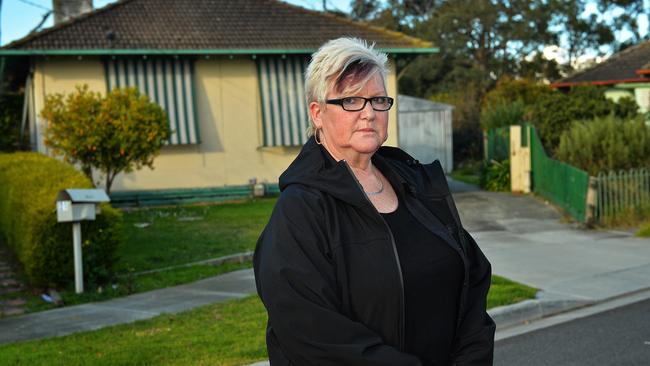
The existing public housing was awful to look at and rarely repaired, which affected morale, she said.
“They just need to make it look like a nice town; people get depressed when they see the commission housing.
“There are definitely no jobs.
“My granddaughter works with my son in his business and that’s not her choice but there are no others which she can get.”
City of Casey councillor Damien Rosario agreed with some of Dr Glover’s points but said Doveton was improving.
Cr Rosario, who lived in Doveton in the 1980s, said migrant families were moving to Doveton as Dandenong filled up, there had been beautification works in areas such as Autumn Place and investment in floodlights at Power Reserve, which allowed young people to take part in sports and social activities at night.
He said new residents had proven to be more community-minded as more than 120 people wrote to him last year asking the council to upgrade and expand the suburb’s playgrounds and parks.
“We have lost that (prosperity of the 60s and 70s) but it can come back again, new opportunities can be generated,” he said.
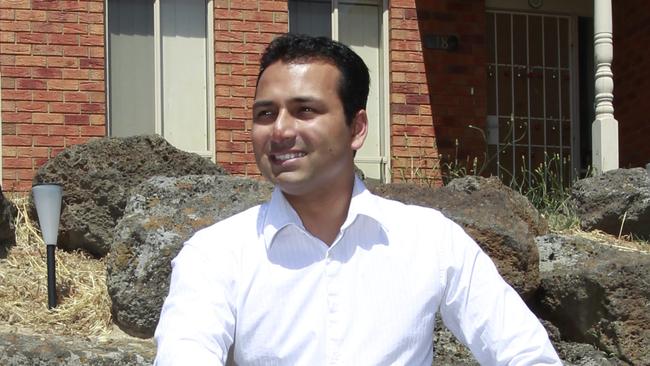
“New families coming into the area have revitalised the area, new people are doing new things and they take advantage of the opportunities they have.
“It irks me when people say ‘oh Doveton is a forgotten place’ because ... Doveton is changing and it has huge potential.
“In the last year I think it was, Doveton house prices shot up 15 per cent, which is a testament to the value of where it’s headed.”
Dandenong state Labor MP Gabrielle Williams said the Government was still trying to help Doveton.
“Whether it is the commitment to create 100,000 jobs through our Back to Work program, our investment in local microfinance ventures to give people affordable access to everyday essentials, or our $320 million TAFE Rescue Fund to get people the training they need to find work, we are helping to create jobs, give people more security and build better communities,” Ms Williams said last week.
“Nobody likes these statistics, and we must remember that behind them are real people, real stories of struggle.
“I am listening to these stories and will do all I can to ensure Doveton thrives into the future.”
An Economy is Not a Society will be launched on August 6 at the Hill of Content, 86 Bourke St, Melbourne. RSVP enquiries@blackincbooks.com
DID YOU KNOW?
* Doveton was originally part of the Eumemmerring pastoral run in the 1830s;
* It was created in 1954, when the Housing Commission bought a 267ha site and built an estate to house manufacturing workers;
* It was named after Captain John Doveton, a goldfields commissioner and magistrate;
* Doveton’s population was 8404 at the last Census (2011)
Originally published as Dennis Glover laments his home town’s fall

